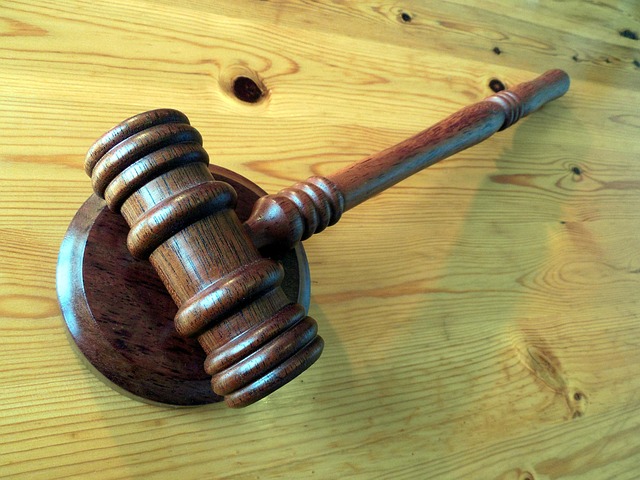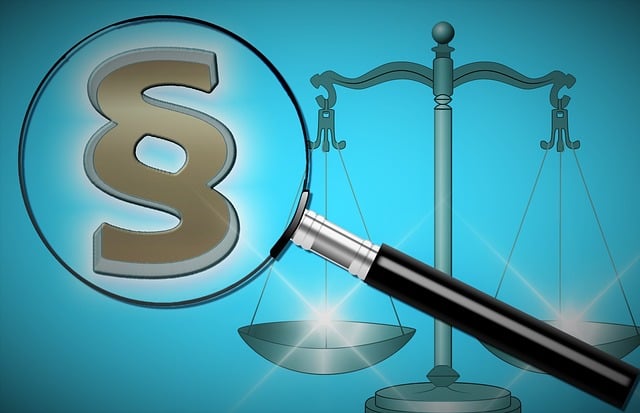Whistleblower Protection Laws safeguard individuals exposing illegal practices in organizations, including healthcare, fostering an environment free from retaliation. In medical disputes, whistleblowers play a vital role in resolving violations and ensuring public health safety. Specialized legal knowledge is crucial for effective advocacy in whistleblower protection lawsuits, emphasizing strategic approaches to navigate complex regulations and foster accountability. Through successful litigation, these laws secure rights, expose unethical practices, and contribute to fair resolutions benefiting the healthcare industry and public good.
“Whistleblower protection lawsuits are pivotal in upholding ethical standards within healthcare. This article delves into the intricate world of whistleblower rights, focusing on medical disputes and regulatory conflicts. Understanding these protections is essential for both professionals and patients, as it empowers individuals to expose wrongdoings without fear of retaliation. We explore key aspects including legal rights, litigation strategies, and resolving disputes in medical regulations, offering valuable insights for those navigating complex healthcare issues.”
- Understanding Whistleblower Protection Laws
- Medical Disputes: When to Blow the Whistle
- Legal Rights of Whistleblowers in Healthcare
- Navigating Litigation: Strategies for Success
- Resolving Regulator-Industry Conflicts Legally
Understanding Whistleblower Protection Laws

Whistleblower Protection Laws are designed to safeguard individuals who expose illegal or unethical practices within their organizations. These laws play a crucial role in encouraging employees to come forward with information that could resolve disputes in medical regulations, financial fraud, and other forms of corporate misconduct. By offering legal protections against retaliation, these laws foster an environment where whistleblowers can act as watchdogs without fear for their jobs or personal safety.
Understanding these protections is essential for both whistleblowers and businesses. In cases involving healthcare regulations, for instance, employees who uncover violations can face significant personal risks. Therefore, knowing the respective legal frameworks and having an unprecedented track record of advocacy can help resolve such disputes effectively. While general criminal defense strategies may be relevant, specialized knowledge in whistleblower protection lawsuits is often necessary to ensure the best outcome for all parties involved.
Medical Disputes: When to Blow the Whistle

In the realm of medical disputes, knowing when to blow the whistle on potential violations of regulations is a delicate balance. Healthcare professionals often face complex situations where they suspect misconduct or non-compliance with standards. When faced with such scenarios, it’s crucial to consider the implications and available legal avenues. Many a time, resolving these disputes internally through established channels can be effective in correcting wrongs without escalating to lawsuits. However, when internal reports fail to address the issue or if the violation poses significant risks to patients, taking external action becomes necessary.
Whistleblowers in the medical field play a pivotal role in ensuring accountability and protecting public health. While the path may lead to high-stakes cases and potential indictment, it is essential for professionals to act as guardians of ethical practices. For his clients’ sake and for the greater good, attorneys specializing in these disputes help navigate the legal labyrinth, offering guidance on when and how to expose violations without jeopardizing careers or facing personal repercussions. This strategic approach ensures that medical regulations are respected and upheld, fostering a safer healthcare environment.
Legal Rights of Whistleblowers in Healthcare

Whistleblowers in the healthcare industry play a crucial role in exposing unethical practices and medical regulations violations. They have specific legal rights and protections designed to encourage them to come forward with accurate information. These rights are essential for resolving disputes related to medical regulations, ensuring that healthcare institutions maintain high standards of care.
When whistleblowers disclose potential wrongdoing within healthcare facilities, they often face significant risks. Therefore, their legal protections include provisions against retaliation such as termination, harassment, or discrimination. This safeguard is vital for encouraging honest reporting without fear of personal harm. For his clients involved in these cases, securing a winning challenging defense verdict can be life-altering, ensuring the whistleblower’s rights are respected and fostering a culture of accountability within healthcare organizations.
Navigating Litigation: Strategies for Success

Navigating Litigation: Strategies for Success in Whistleblower Protection Cases
When it comes to resolving disputes in medical regulations through whistleblower protection lawsuits, a strategic approach is paramount. In these complex cases, understanding both the legal and factual intricacies is essential for success. Whistleblowers must navigate all stages of the investigative and enforcement process, from initial disclosures to jury trials. A well-prepared case that showcases the validity of the whistleblower’s claims can significantly impact public health and safety.
Successful strategies involve meticulous document collection, expert witness preparation, and a clear presentation of how non-compliance with medical regulations has affected patients or the broader community. Engaging both the philanthropic and political communities through transparent communication can further strengthen the case. By employing these tactics, whistleblowers can ensure their voices are heard and that justice is served in the pursuit of safer medical practices.
Resolving Regulator-Industry Conflicts Legally

In the realm of medical regulations, resolving disputes between industry stakeholders and regulators is a complex legal landscape. Whistleblower protection lawsuits play a pivotal role in this process, enabling individuals to come forward with concerns about unethical practices or violations within healthcare institutions. These high-stakes cases often involve revelations that impact public health and safety, sparking intense debates.
Across the country, regulatory bodies face the challenge of balancing industry interests with the greater good. Philanthropic and political communities alike recognize the importance of robust whistleblower protection to ensure transparency and accountability in medical practices. As a result, legal frameworks have evolved to facilitate fair resolutions, empowering regulators to investigate claims while safeguarding whistleblowers from potential retaliation. This approach fosters an environment where industry participants are encouraged to report concerns without fear, ultimately contributing to a stronger and more trustworthy healthcare system.
Whistleblower protection lawsuits play a vital role in upholding medical regulations and ensuring accountability. By understanding the legal framework, recognizing when to blow the whistle, and employing successful litigation strategies, healthcare professionals can navigate complex disputes effectively. Resolving regulator-industry conflicts legally is essential for maintaining public trust and fostering a culture of transparency within the industry. When it comes to resolving disputes in medical regulations, knowledge of one’s rights and a strategic approach are key to driving positive change.






